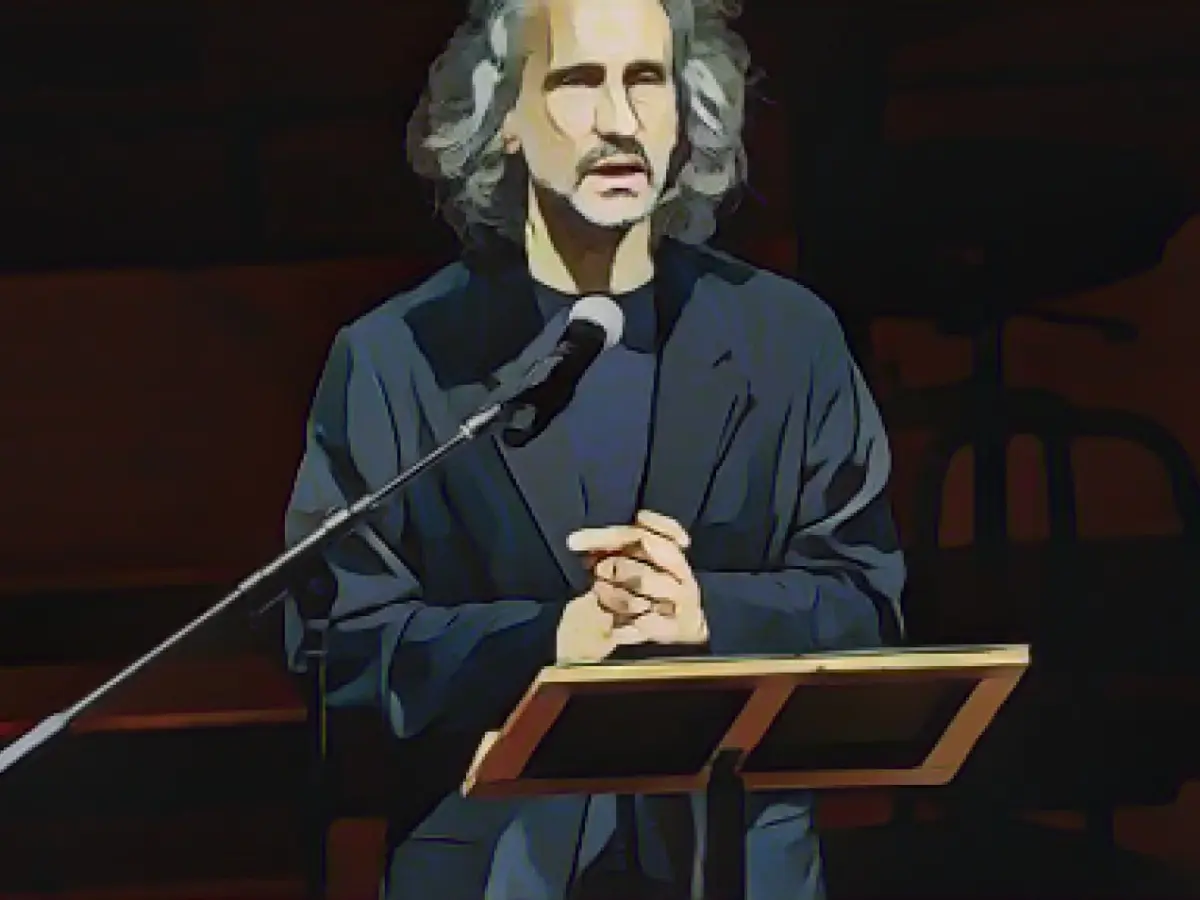Festival - Lusatia Festival director rejects criticism from the region
The director of the Lusatia Festival, Daniel Kühnel, has rejected accusations from the region regarding the program design and the non-involvement of local artists. Speaking to the state parliament's culture committee on Wednesday, he spoke of a campaign being waged against the festival. The Lusatia Festival deals exclusively with Lusatia and structural change, said Kühnel. One value in itself is that Lusatia is spoken of as a cultural location. This must result in added value. However, the festival could not achieve this alone, the festival director emphasized in the committee.
Kühnel was also responding to criticism from numerous Lusatian artists who accuse the festival management of barely involving the regional cultural scene. They are calling for a "genuine Lusatian festival" and a greater say in the development of the program. Kühnel said that he was very concerned with the criticism, but that it had to be objective. He would have liked to have heard objections from the artistic advisory board, but these had not been forthcoming. Criticism had "never been ignored or disregarded".
Author and filmmaker Grit Lemke ("Kinder von Hoy"), who left the artistic advisory board, had a different view. The artist from Hoyerswerda told the committee that criticism was not welcome there and that there was no point in expressing her views. In their open letter, the Lusatian artists also demanded: "The advisory board must become a place for open discussion and democracy in action."
Read also:
- Will he be convicted as Jutta's murderer after 37 years?
- He also wanted to kill his cousin
- With live stream! Gawkers film dying man
- Is Saarland threatened with economic collapse?
The Lusatia Festival director, Daniel Kühnel, also addressed criticism during the Potsdam Festivals, where he emphasized the need for a more inclusive approach to local artists. Despite this, Kühnel highlighted that the Festival in Brandenburg's Lusatia region solely focuses on the region's transformation and Lusatia itself as a cultural location.
Source: www.stern.de








